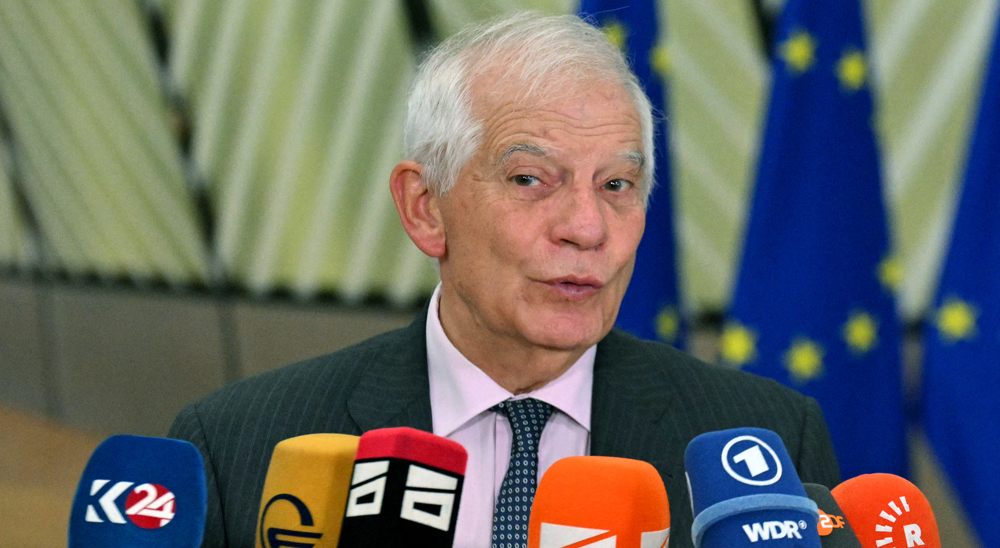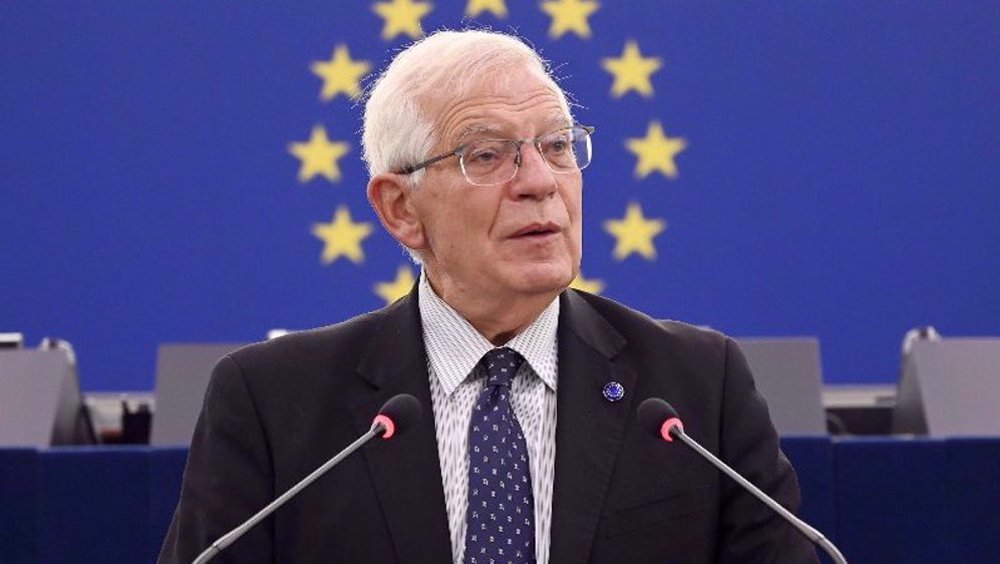Not enough progress on Brexit to open trade talks: EU
The European Union and Britain have not made enough progress to move to the next phase of Brexit discussions about a transition period or a future trade deal, according to EU chief Brexit negotiator Michel Barnier.
"We have had a constructive week, yes, but we are not yet there in terms of achieving sufficient progress. Further work is needed in the coming weeks and months," Barnier told a news conference with Brexit Secretary David Davis in Brussels on Thursday.
"For the EU, the only way to reach sufficient progress is that all commitments undertaken by the 28 are honored by the 28," Barnier said.
Davis said they had made "considerable progress" in four days of talks and repeated his eagerness to move on to discuss what happens after Brexit in March 2019.
President of the European Council Donald Tusk echoed Barnier’s stance on Tuesday, saying “no sufficient progress” has been made to move to the next phase of Brexit talks.
British and EU negotiators are due to wrap up their fourth round of negotiations on Thursday. The latest talks, while more positive in tone, failed to deliver the breakthrough that’s needed for negotiations to start on the trade deal Britain desperately wants.
Barnier said it could take months before the divorce talks can move on to trade, in a blow to Theresa May’s hopes for faster progress.
“We are far from the stage, and it will take weeks or maybe even months, where we will be able to say yes there has been sufficient progress on the principles for the orderly withdrawal," he said.
British negotiators are frustrated by Barnier’s stance, because he hasn’t told them what would qualify as “sufficient progress,” according to people familiar with London’s position.
Barnier’s comments diminished any remaining hope that May’s speech in Florence, Italy, last week would encourage EU leaders to agree that “sufficient progress” has been made on the withdrawal for discussions to turn to trade.
The European Council will decide in October whether sufficient progress has been made to begin trade talks, as the UK wants.
Only if EU leaders approve there has been "sufficient progress" on these three issues would negotiators be allowed to move towards the more complex issue of future trade ties between the EU and Britain.
Iran’s steel output down 1.9% y/y in October to 3 mln mt: Worldsteel
Islamabad in lockdown as Imran Khan supporters march for his release
VIDEO | Russia's new hypersonic missiles target Ukraine
VIDEO | US expands military role in Yemen
VIDEO | Iran Tech Park hosts annual student event
‘Extremely critical’ to avoid Syria being dragged into war: UN evnoy
What led to dilly-dallying in ICC arrest warrants against Netanyahu, Gallant
Palestinians flee Gaza City suburb after Israel issues forced evacuation order

















 This makes it easy to access the Press TV website
This makes it easy to access the Press TV website